Avoid these common keto mistakes when starting your low-carb journey to weight loss. The biggest challenge isn't eating enough fat but reducing carb and protein intake sufficiently to get into and maintain ketosis.
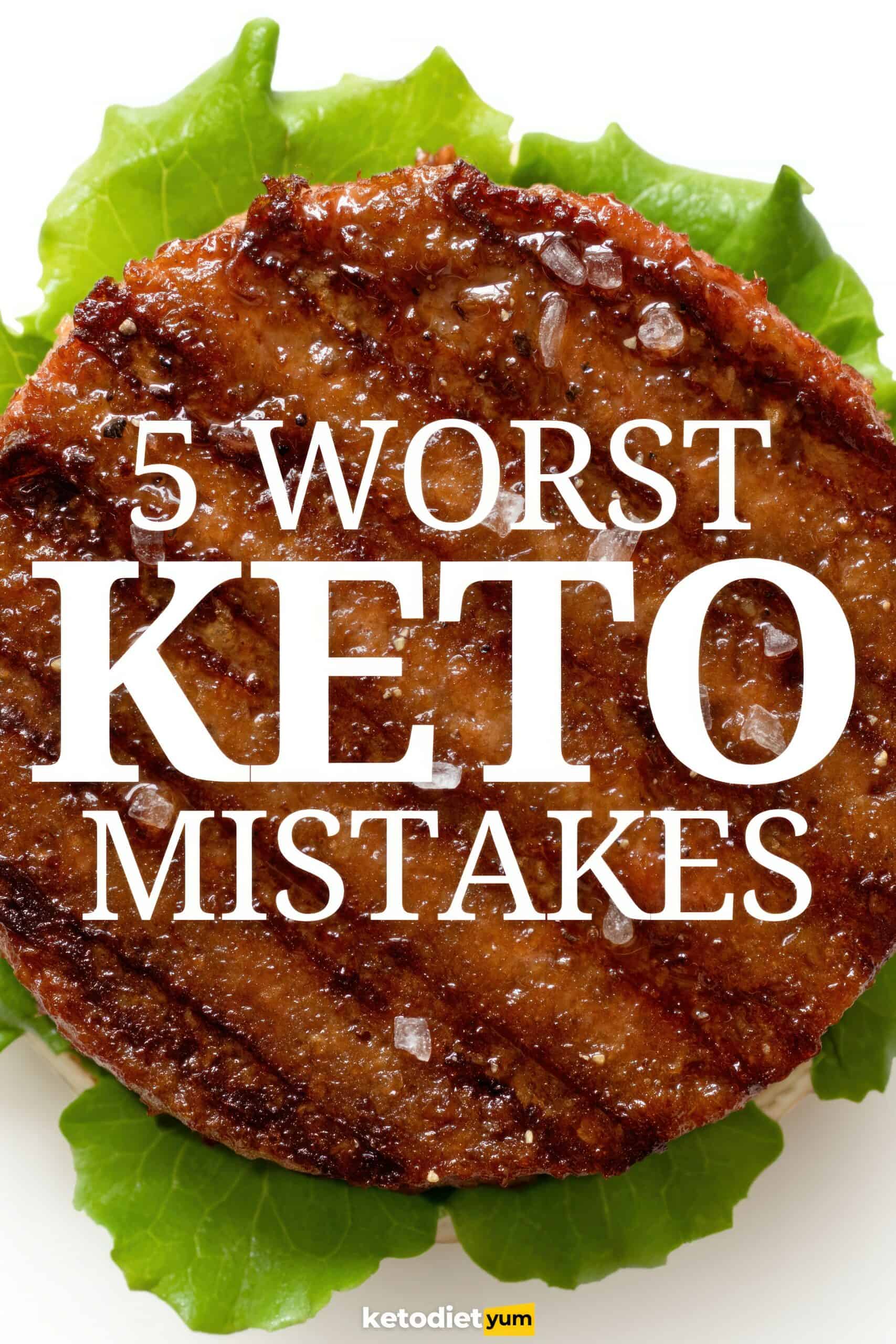
Jump to:
The Keto Diet
Has your weight given you more issues than your favorite magazine subscription? Well, it's time to "keto" your diet! The ketogenic diet (often termed keto) is a nutritional plan that gets an individual to eat a combination of low carbs and high fat. The goal of the keto diet is to replace high-carb intake with dietary fat to achieve optimal well-being. Some nutritionists/dieticians scoff at this diet because they feel it's unhealthy to lower your carb intake while consuming a high amount of fat.
Yet, versions of the ketogenic diet have been used to successfully treat drug-resistant epilepsy in children since the 1920s. Last time I checked, a thing being used to treat an illness is called... medicine. Moving along...
Common Keto Mistakes
Many people think they're following a low-carb or keto diet, yet are consuming foods that are tripping them up. Did you know eating too much protein can stop you from entering ketosis?
The problem with eating too much protein is that your body can convert amino acids into glucose through a process called gluconeogenesis.
However, eating too much protein is just one of 5 common keto mistakes people make when starting a keto diet. Learn how to avoid these mistakes, start your keto journey confidently, and achieve the results you're looking for. Good luck!
- Too Much Protein
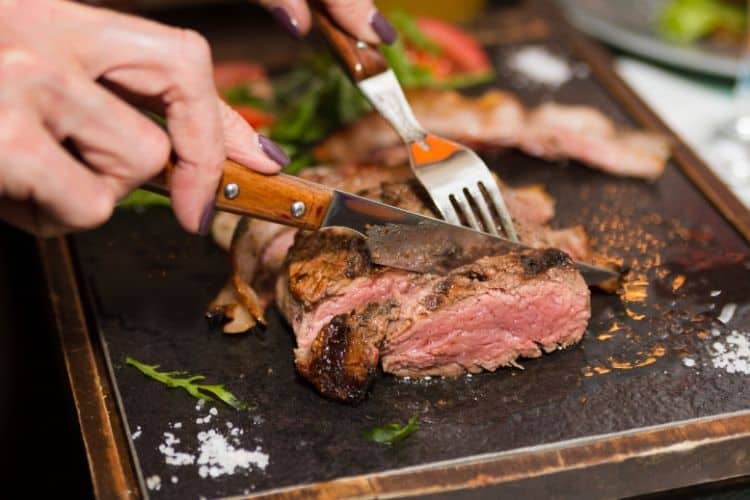
To produce ketones, your body needs to enter a metabolic state called ketosis. Ketones are produced from the breakdown of fat and are used as an energy source instead of glucose (sugar). To get into ketosis, you need to consume a diet high in fat but moderate in protein.
When you eat too much protein, your body converts the excess into glucose. This can happen if you consume too many foods like chicken, turkey, and low-fat beef and pork as the mainstay of your meals.
To curb your protein intake, opt for the fattest cuts of meat. Eat chicken with the skin on, and consciously try to reduce your protein intake.
As a general rule, you should keep your protein intake at under 0.9 grams per pound of body weight. So, if you're a 130-pound woman, you will want to keep your daily protein intake to under 117 grams.
BURN UP to 20 pounds
The Ultimate Keto Kickstart Bundle is your all-in-one digital guide for mastering the ketogenic lifestyle. This 59-page printable PDF provides essential resources, practical tools, and delicious meal plans designed for both beginners and experienced keto followers. Whether you're just starting your low-carb journey or looking to refine your approach, this bundle offers comprehensive guidance, meal ideas, and strategies to help you achieve your health and weight loss goals.
- Relying on Urine Ketone Sticks
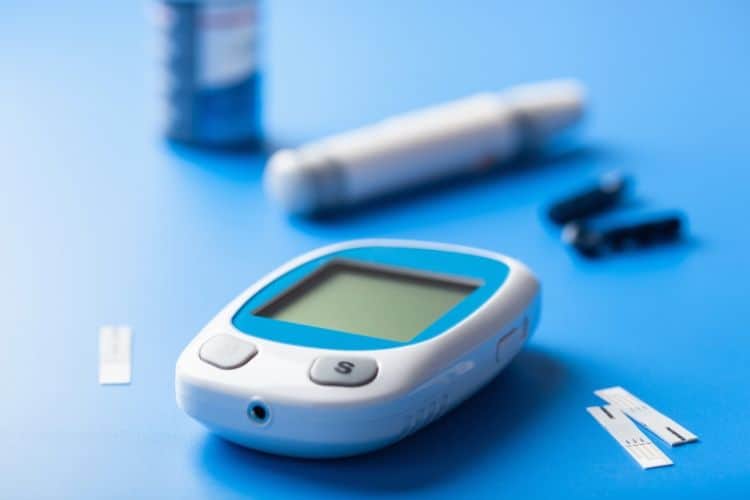
When starting a keto diet, your main goal is to get into the state of ketosis.
So, how do you know if you have achieved that goal? A common way is to use keto urine strips. They effectively tell if you are in ketosis at the beginning of your keto journey.
However, after about a month in ketosis, the kidneys will adapt to and excrete fewer ketones. After that, you will only see a trace amount of ketones in your urine.
Yet, most people continue relying on keto urine strips to let them know if they are staying in ketosis.
This is a mistake - once you are fully keto-adapted, keto urine strips will not accurately depict whether you are in ketosis.
As a result, keto urine strips can kill your enthusiasm just at the point when your body is starting to burn fat.
Once you have adapted to burning fat for energy, your body will rely on a specific ketone called beta-hydroxybutyrate as its main fuel source. The problem with keto urine strips is that they don't measure beta-hydroxybutyrate.
When your body first enters ketosis, it produces another ketone called acetoacetate, which is the ketone body that is measured in urine. As your body adapts to ketosis and ketones become your primary fuel source, acetoacetate converts to beta-hydroxybutyrate.
So, after a while, keto urine strips will no longer turn to the magic purple. This can cause people to stress out and think they're no longer in ketosis.
The bottom line is to stop using keto urine strips after the first month. Just stick to the game plan - a very low-carb, moderate protein, and high-fat diet - and you WILL remain in keto.
- Not Eating Enough Fat

When something has been ingrained into you your whole life, it can be extremely difficult to think differently. That is the case when it comes to eating fat.
Contrary to what we've been taught, dietary fat will not clog your arteries or make you fat. The truth is that eating more fat is one of the best ways to stave off hunger and cravings, especially for carbohydrates, when you are going on a low-carb or keto diet.
To succeed on the keto diet, we all must overcome our fear of fat. Don't feel guilty about chowing down on fatty cuts of steak. Enjoy that delicious crispy skin that's covering your roast chicken.
Eat more healthy fats like olive oil, butter, coconut oil, sour cream, cheese, avocados, Greek yogurt, and whipped cream. There is no limit to these foods!
- Over Eating

Let's consider the first basic principle of nutrition and losing weight...
- To lose body fat, you need to burn more calories than you consume each day.
- To gain weight, you must consume more calories than you burn daily.
This principle is known as the Law of Energy Balance. Now, this law may seem like common sense.
Yet, this is why so many people cannot reach their fat loss goals, even on a low-carb diet like keto.
They are sticking to their high-fat, moderate-carb, and low-fat macronutrient plan, but the fat loss isn't happening. The reason?
They are ignoring the Law of Energy Balance. Simply put, they are eating too much.
You see, even if you are eating the right foods, your body has no choice but to put on weight if your calorie intake exceeds your output.
Calorie control is the missing ingredient.
A lot of so-called healthy eating experts promote the idea of eating five, six, or even seven times per day.
You really don't need to do that on the keto diet.
When you begin producing ketones and burning body fat for energy, it is easy to feel full and satisfied eating just a few meals daily.
Once your body becomes keto-adapted, you will stop feeling hungry because your body has a readily accessible store of energy in the form of stored body fat.
If you eat beyond your body's requirements, you will use more of the fat from food than the fat from your body for energy.
You will also be consuming more protein, with the possibility that it may knock you out of ketosis.
To overcome this keto newbie mistake, you must get out of the programmed eating trap (breakfast, lunch, dinner) and really start listening to your body.
That means only eating when you are hungry. Another issue has to do with plate size. We have been conditioned to finish off what's on our plate.
The problem is that the size of the average dinner plate has gotten one-third bigger in the last thirty years. It's no surprise that the rate of obesity has skyrocketed during that same time period.
The solution is to use smaller dishes and smaller utensils. It may sound a little goofy, but if you have children, use their bowls, forks, spoons, and cups.
If you eat with smaller utensils, you will eat between 25 and 40% less food - that's a whole lot of calories!
If you are eating something out of a packet, tip it out and place it on a napkin. That way, you won't feel like you have to finish the packet.
- Not Stabilizing Blood Sugar
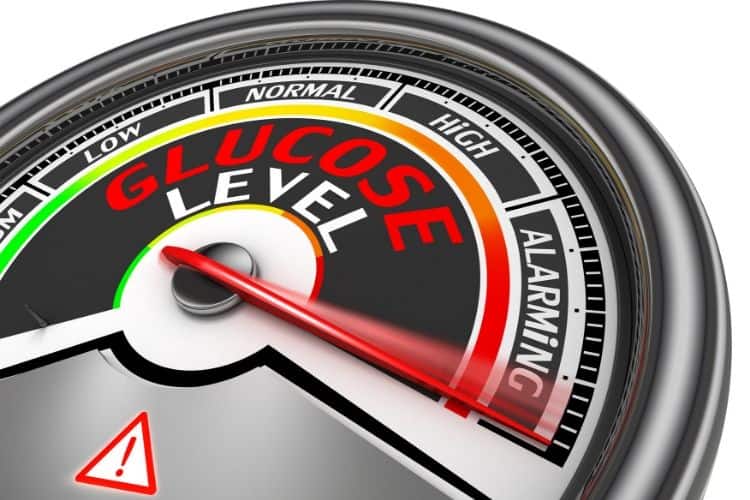
Most people can relate to controlling their blood sugar with diabetes. Yet, keeping tabs on your blood sugar count is the best way to assess how you're going hormonally on the keto diet.
It is way more effective than using keto urine sticks long term. You can pick up a blood glucose meter at any pharmacy or order one online here.
If you stick to the keto regimen of a low-carb, moderate protein, and high-fat diet, you will show a fasting blood sugar count of between 70 and 80 grams.
As your blood sugar level goes down, your ketone production will increase.
So, what's the most important thing you need to eliminate to reduce your blood sugar levels? Ironically, it's not sugar. Grains are the worst offenders in triggering blood sugar.
That is why you MUST eliminate grains from your diet. Remember, there are plenty of low-carb bread recipes to make!
To bring down your blood sugar levels, cut out grains cold turkey.
Keto Diet Benefits
Now we've covered the mistakes... what benefits can you expect from the keto diet?
- Weight Loss

As with most diets, the ketogenic diet helps you shed weight, especially if you're obese or overweight.
Unlike most other diets, the ketogenic diet isn't a fad or a temporary Band-Aid.
The weight loss is permanent as long as you stick to the program.
Studies show that high-fat, low-carb diets can help diminish hunger and also boost weight loss through their hormonal effects.
So, how exactly is this diet so effective with weight loss?
Answer: Ketosis
Ketosis occurs when glucose (the main fuel source the body burns when carb intake is high) is drastically reduced.
This forces the body to look for an alternative fuel source: fat.
As the body goes through ketosis, it starts producing ketones, which derive from the breakdown of fats in the liver.
Now, tell me...
What other diet has your body naturally switching up the way it fuels itself?
Better yet, what other diet makes your body burn fat without having to drastically reduce calories?
This diet is a weight loss game changer!
- Reduce the Risk of Type 2 Diabetes
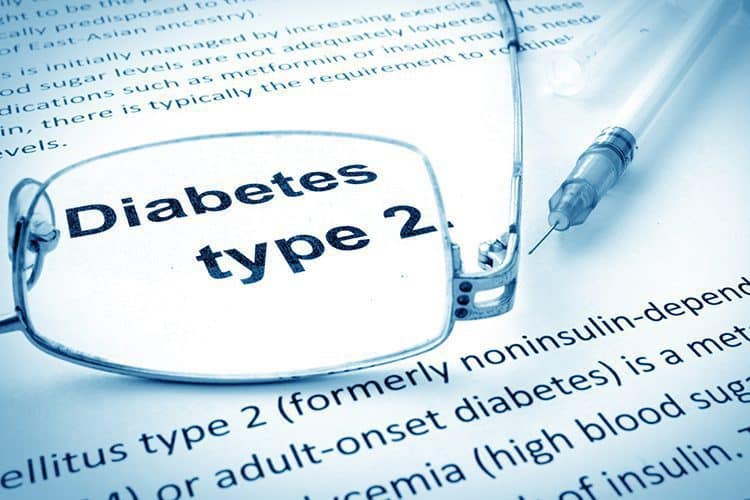
29.1 million.
That's how many people have diabetes in the United States.
And that number is growing as you read this.
About 1.4 million new cases are diagnosed in the U.S. every year.
If the ketogenic diet was taught as a method for eating, these numbers would drop dramatically.
This process of burning fat provides more benefits than helping us to lose extra pounds.
It also helps control the release of hormones like insulin, which plays a significant role in the development of diabetes and other health issues.
The keto low-carb diet not only controls insulin but stabilizes blood sugars as well.
Thus, it reduces the risk of high blood pressure as well.
This reduces the onset of type-2 diabetes and improves your health.
- Reduces High Blood Pressure
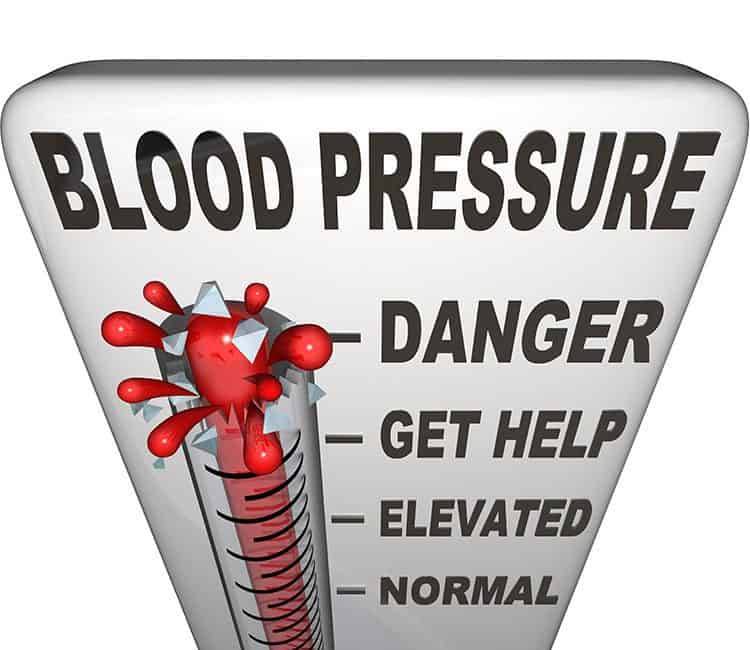
High blood pressure is so deadly I couldn't briefly mention it and say nothing else about it.
Unfortunately, high blood pressure has always been swept under the rug.
It's not like it's cancer... but it puts you on the path toward cancer and other harsh diseases.
That's why it's dubbed "The Silent Killer."
High blood pressure can cause strokes, angina, fluid in the lungs, heart disease, vision loss, memory loss, peripheral artery ailment, erectile dysfunction, and kidney damage!
Yeesh! Those are some problems I'm sure that you want no part of.
Well, following the keto diet ensures you don't.
This diet normalizes your blood sugars thanks to the dearth of carb intake, sugar in particular.
Eating too much sugar spikes blood sugar.
Now, imagine spiking blood sugars every day for 20+ years.
That's what the average American eater does! No wonder over 75 million (or 1 out of 3 Americans) U.S. citizens have high blood pressure!
- Reduce the Risk of Heart Disease

Guess what's the deadliest disease in the US?
No, it's not another season of Keeping Up with the Kardashians.
It's heart disease!
Heart disease is the leading cause of death for people of most ethnicities in the United States, including African Americans, Hispanics, and whites.
The keto diet nullifies all that!
Research shows that the keto diet reduces levels of high cholesterol and triglycerides, two markers that are linked to heart disease.
- May Prevent Cancer
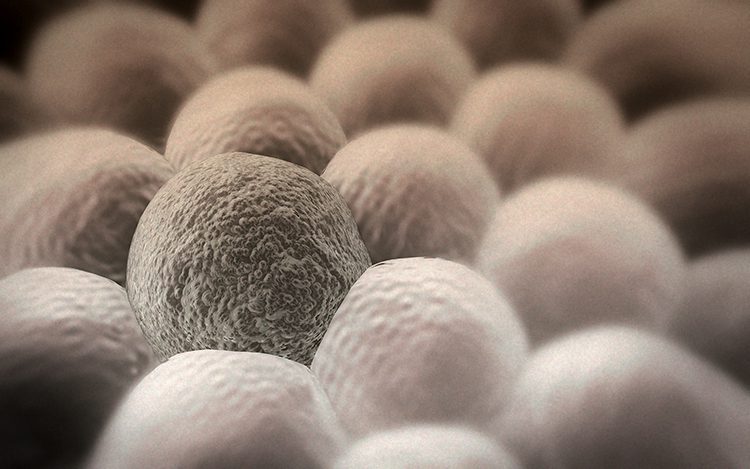
A chronic disease that's about as bad as heart disease is cancer.
Each year, about 12.7 million people discover they have cancer, and 7.6 million people die from the disease.
The keto diet could throw a monkey wrench into this problem.
Some studies suggest that the keto diet may "starve" cancer cells, making them unable to replicate.
The regular cells found in our bodies are able to use fat for energy.
However, it's believed that cancer cells cannot metabolically shift to use fat rather than glucose.
So cancer cells can be fuelled with glucose, NOT fat.
This is how the keto diet starves them out.
Pretty cool, right?
- Prevent Brain Disease & Other Neurological Problems
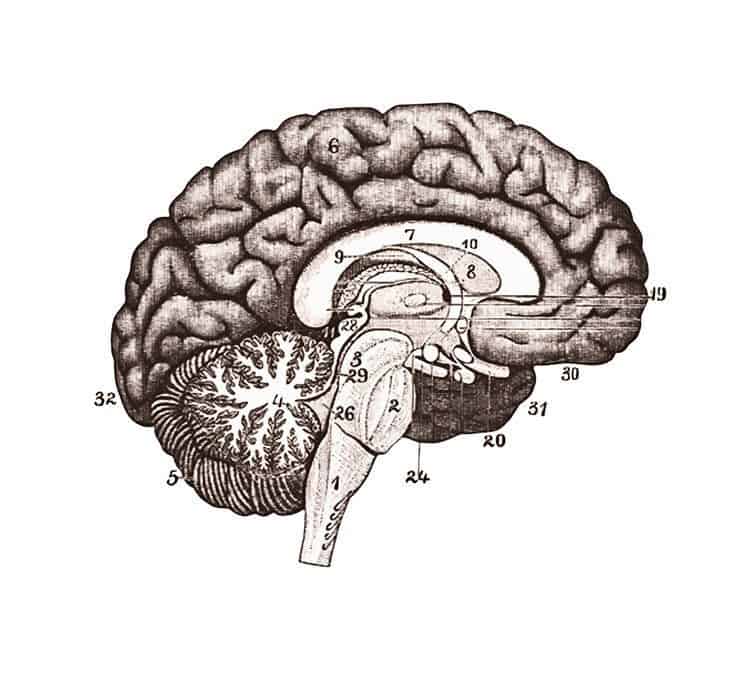
As stated earlier, the keto diet was used in the 1920s to fight epilepsy.
Well, it doesn't end there!
Research shows that this diet can fight off other brain and nerve problems as well.
Putting your body in a low-carb state makes your brain use other ways besides glucose to fuel it.
This has a positive impact on the body, especially for those dealing with some sort of brain disorder.
The keto diet has been shown to potentially improve the symptoms of people suffering from:
- Alzheimer's disease
- Chronic headaches and seizures
- Neurotrauma
- Parkinson's disease
- Sleep disorders
- Brain cancer
- Autism
- Multiple sclerosis
- Schizophrenia
Whoa! That's a lot of serious diseases that one diet can defeat!
- May Help You Live Longer

Who doesn't want to live longer and improve your health?
If you do, the keto diet can certainly help your cause.
A study showed that people who ate a low-carb, high-fat diet tended to live longer than people who consumed a high-carb diet.
Another interesting discovery from this study is that a high intake of saturated fat (which many health experts have considered a bad fat) lowers the risk of having a stroke.
- Reduce Acne & Other Skin Problems
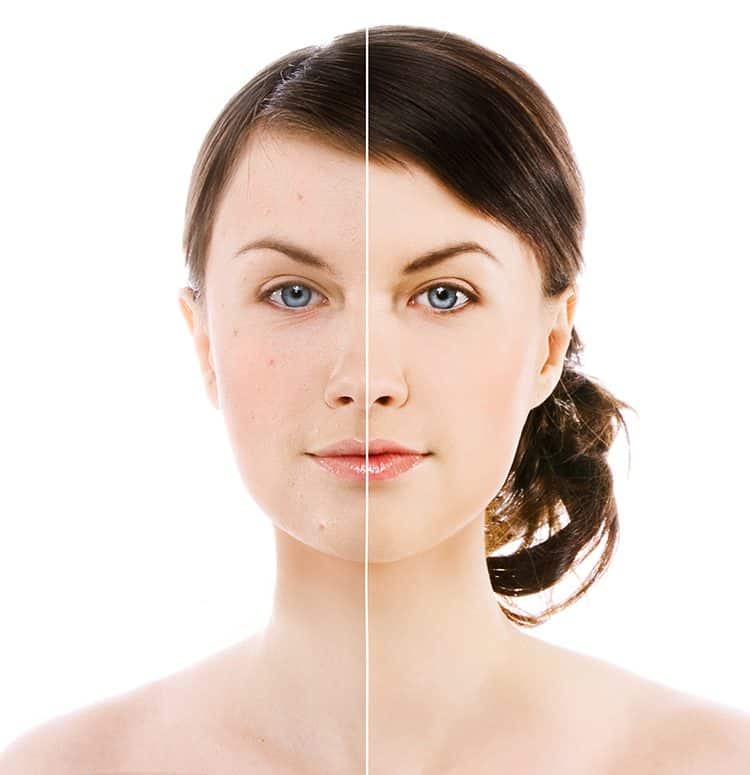
Whether you're 15 or 55, nobody wants acne on their face.
Keto could make that a reality.
There have been reports that suggest that a high-carb diet causes acne.
Consuming a lot of processed, refined carbohydrates can alter gut bacteria, causing blood sugar fluctuations.
This could negatively affect skin health.
By reducing carb intake, you regulate blood sugar levels and reduce the onset of acne and other skin issues.
- Boost Energy Levels

Keto may provide you with more pep in your step!
Following a ketogenic weight loss plan allows many people to gain more energy to perform their daily activities.
This is all thanks to the ketosis effect.
The main benefit of ketosis is lower insulin levels.
When insulin levels are low, tiredness tends to disappear.
The funny thing is carbs are thought of as a source of energy.
And it is… temporary!
Think back to the times you ate a few slices of pizza and felt pumped! And then immediately feel like a lazy mofo for the rest of the day.
That's why carbs aren't a reliable source of energy.
You may feel cranky and a little less energized the first few days on the keto diet.
But once you get adjusted, you'll quickly realize what long-term energy truly feels like.
- Elevates Brain Power

When you have more energy, improved brain power is sure to follow!
When carbs are removed or minimized, ketones offer as much as 70% of the brain's energy needs.
This boosts mental consciousness and alertness all through the day.
The standard Western diet is deficient in many areas, including essential fatty acids.
This is detrimental to health because we need these for the body and brain to function properly.
Most of our brain tissue is made up of fatty acids.
So not getting enough essential fats severely cripples brainpower.
The keto diet does more than cover up these deficiencies.
Open up most keto-oriented cookbooks, and you will see one or more of these essential fatty acids used as a food source:
- Coconut Oil
- Fish
- Eggs
- Avocados
- Olive Oil
- Animal Fats
- Butter
These brain-boosting fats are a huge staple in keto meals.
And then, when you combine that with the ketone-producing effect of low carbs, that's a recipe for even more brainpower!
Like with the energy levels, your brainpower will be a little off when you first start a keto diet.
You may experience some initial mental fog or headaches.
That all will go away in a few days once your body flushes out the last bit of carbs and gets acclimated to your new lifestyle.
Common Keto Myths
As with most diets, there are fables people tell about the ketogenic diet. The keto diet has several misconceptions, and here are 5 of the most common myths.
- Ketosis And Ketoacidosis Are The Same Things
Ketosis and ketoacidosis are two different things, yet they are linked together.
Ketoacidosis is a potentially life-threatening state in which the body's blood is highly acidic and is most often seen in people with diabetes. That's not ketosis.
Ketosis shifts your body into fat-burning mode after draining it off glycogen (carbs).
Unless you have a preexisting condition, this won't cause you to have abdominal pain, blurry vision, and other symptoms of ketoacidosis.
- A High Fat Diet Will Give You Heart Disease
This is an old-school myth that needs to be put to bed.
This myth dates back to the 1940s. During this time, a man named Ancel Keys did some really poor research and came up with a theory called the Lipid Hypothesis.
His theory said that eating saturated fats and dietary cholesterol would put people at risk for heart attacks and other cardiovascular diseases.
Thankfully, modern science has gotten more clarity about this.
Many chronic diseases that plague mankind today (like heart disease and cancer) became more prominent when healthy saturated fats and cholesterol were removed from the diet and replaced with hydrogenated fats (i.e., trans fat) and grains.
The keto diet replaces these harmful fats and grains with healthy fats and protein.
Speaking of fat…
- You Can Eat Any Type of Fat
Some people think the keto diet is nothing more than a fat fest. Wrong!
It is unhealthy to load up on bacon and other foods high in saturated fat. You have to eat healthy, unsaturated fats to benefit from this diet.
According to the Journal of the American College of Nutrition, replacing saturated fat (bacon, sausages, ham, etc.) with unsaturated fat (walnuts, flax seed, fish, etc.) is more effective in lowering the risk of cardiovascular disease than simply reducing total fat consumption.
- A Low Carb Diet Is A Nutrient Deficient Diet
One of the biggest myths is that keeping carbs low means nutrition will be low, too.
How? This diet allows carb-rich foods like fruits and vegetables, lean meats, nuts, seeds, and oils.
The foods give you an abundance of vitamins and minerals. (Later, we will have a list of keto-friendly foods).
- The Keto Diet Is Dangerous
I laughed at this last myth.
Look, this diet isn't the water or some other ludicrous diet where it has you eating like a bird. All it asks from you is to remove grains and bad fat. That's it.
Sure, your body will have to adjust to it for the first few days and possibly weeks, which could cause minor headaches. But after that, you're good.
The human body can adjust to way harsher things than a low-carb diet. (e.g., a person getting used to cocaine)
Getting Started on Keto
Now that you are aware of the benefits of keto, it is time to get started! I recommend checking out the following articles:
7-Day Keto Meal Plan for Beginners
19-Day Keto Intermittent Fasting Meal Plan
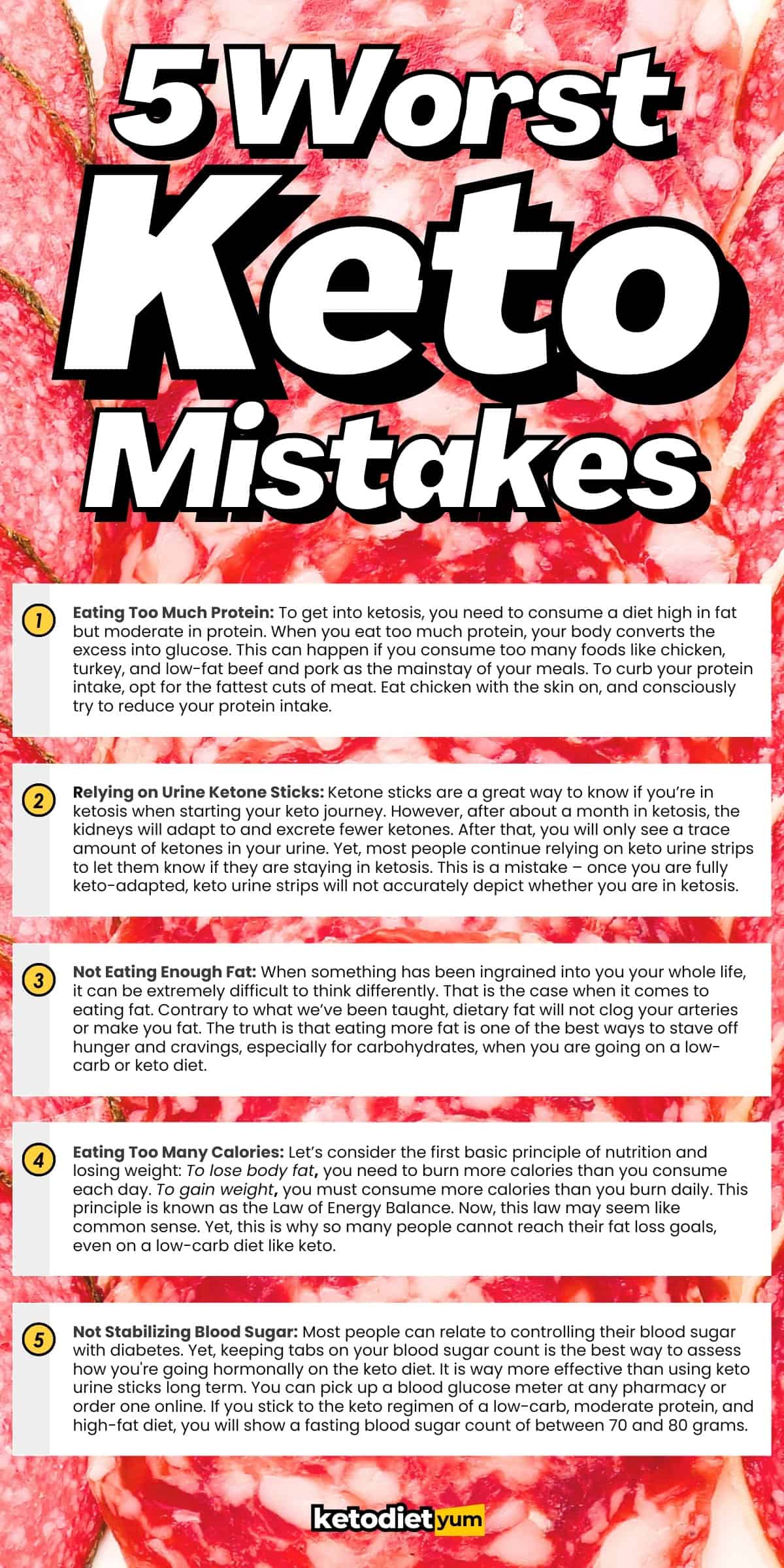

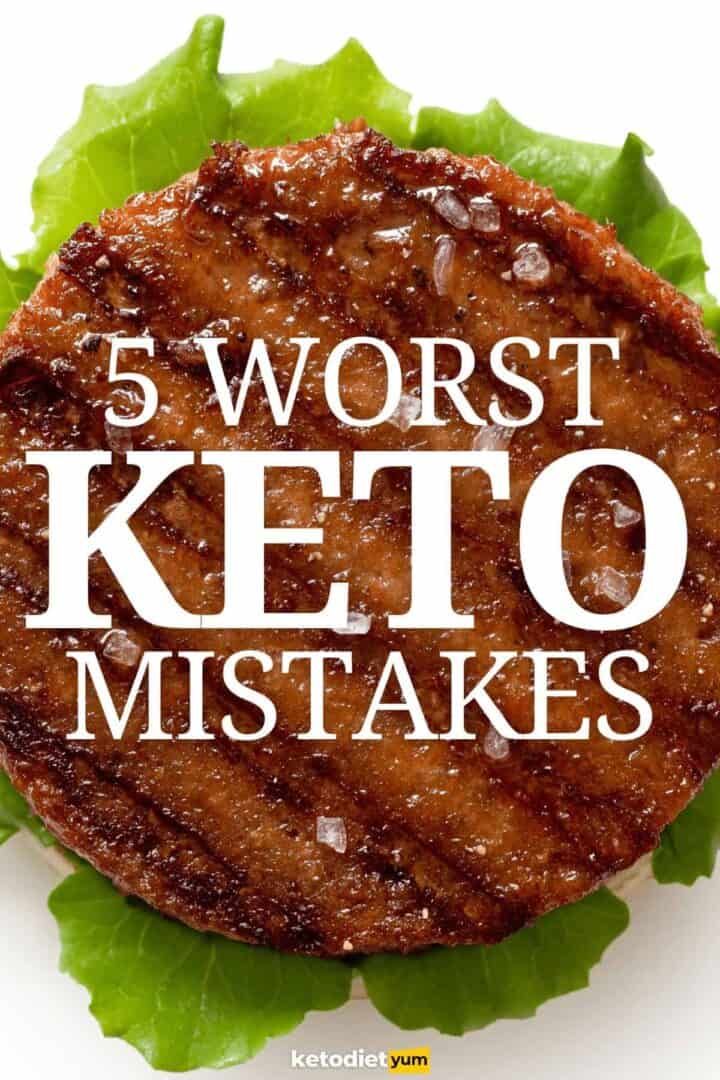
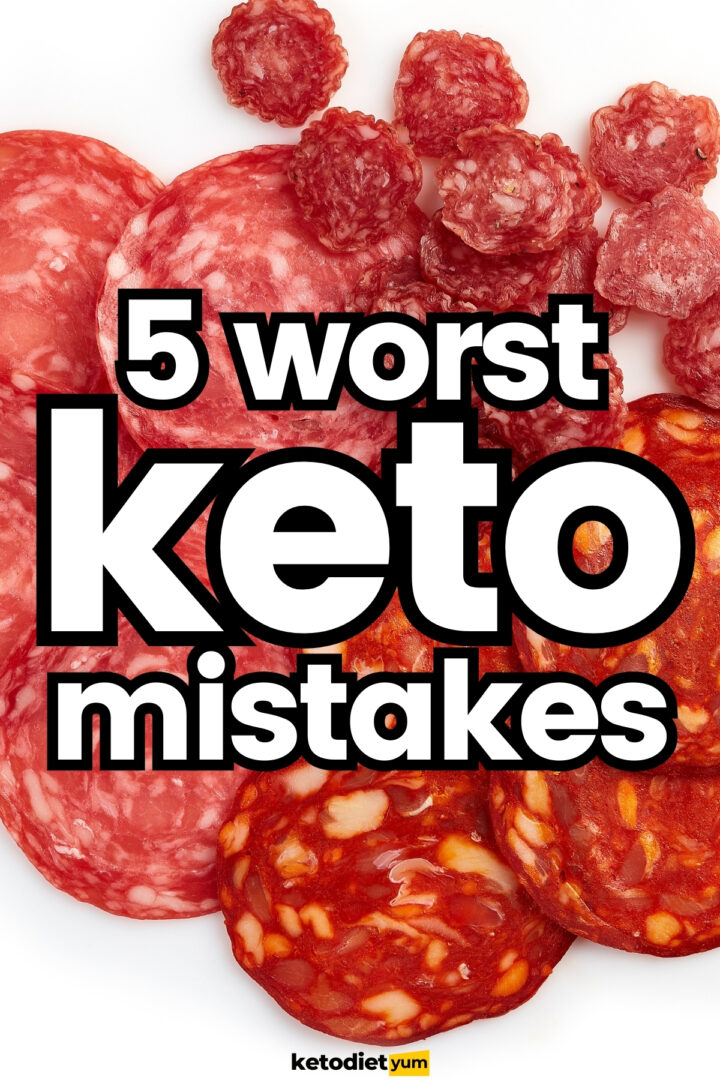

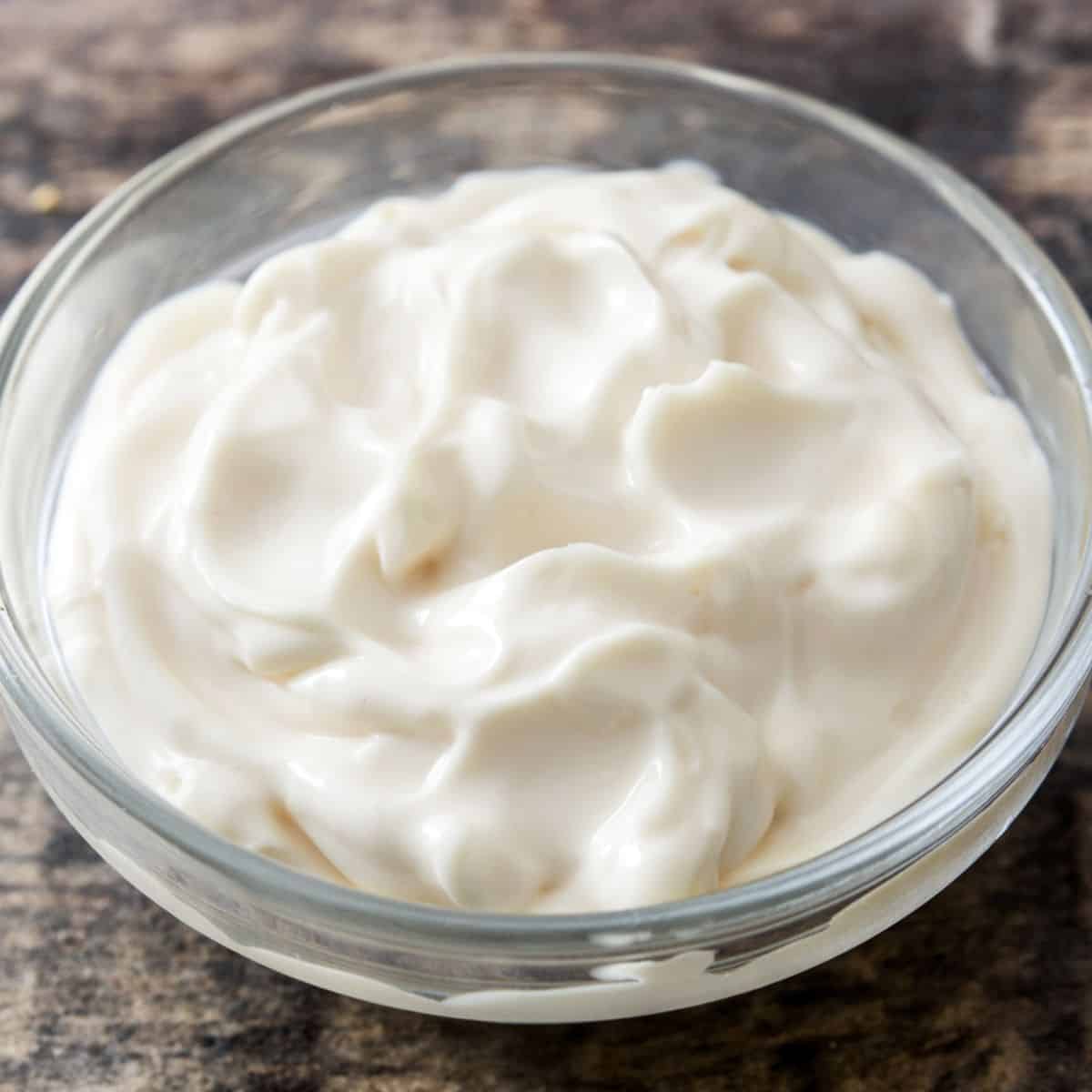
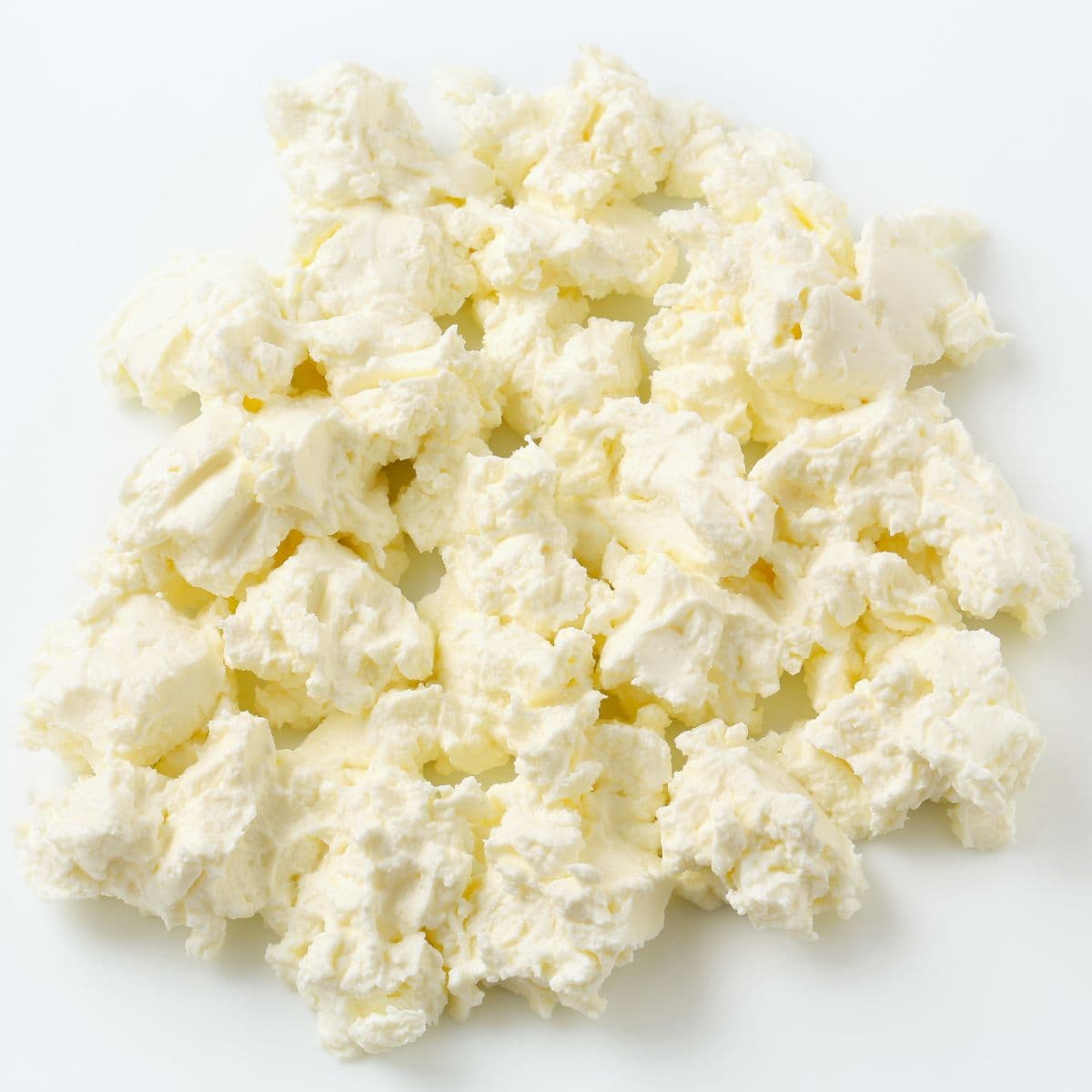

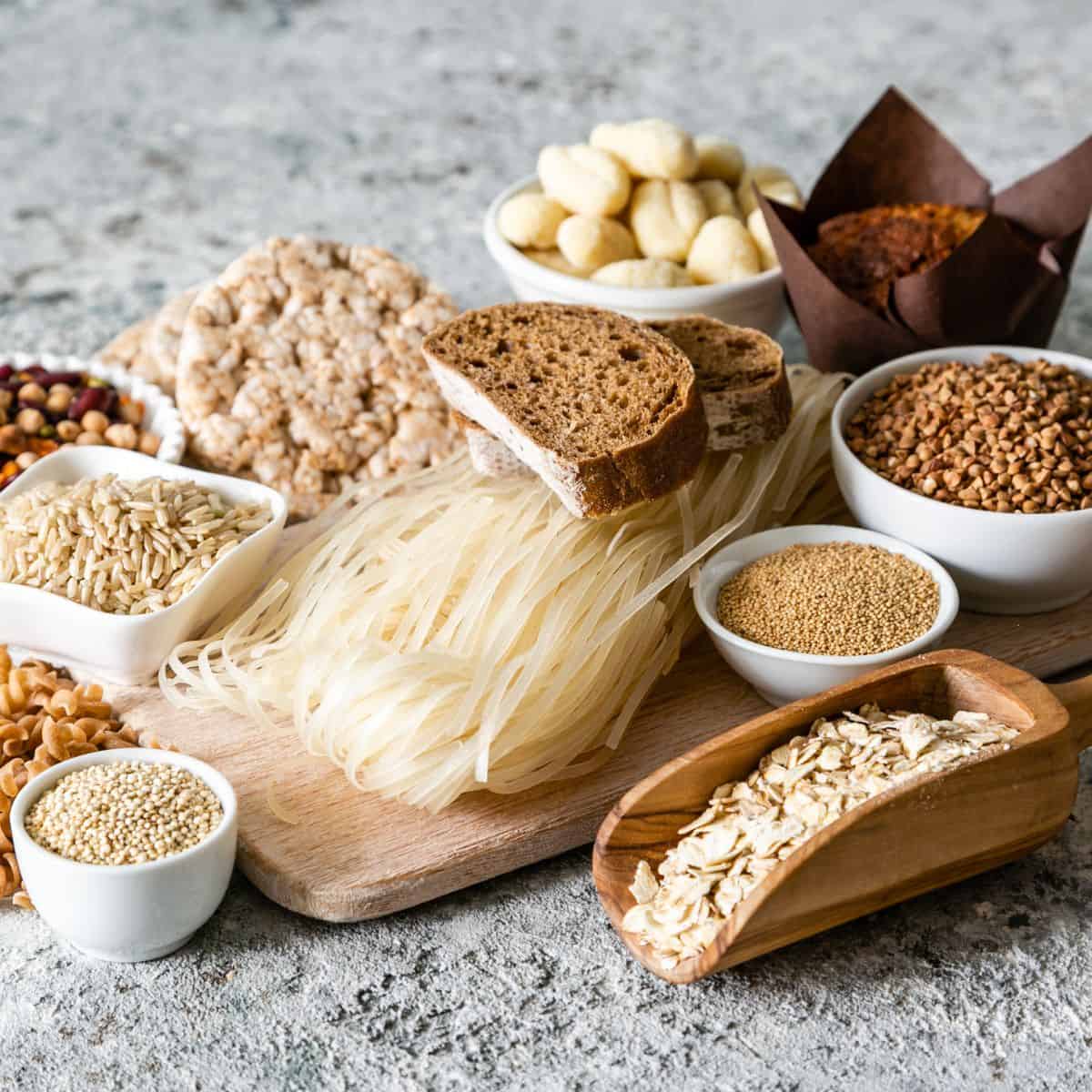
Thank you! Extremely helpful ?